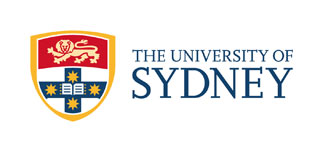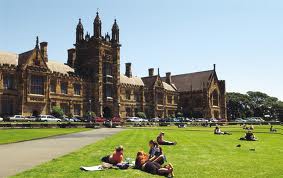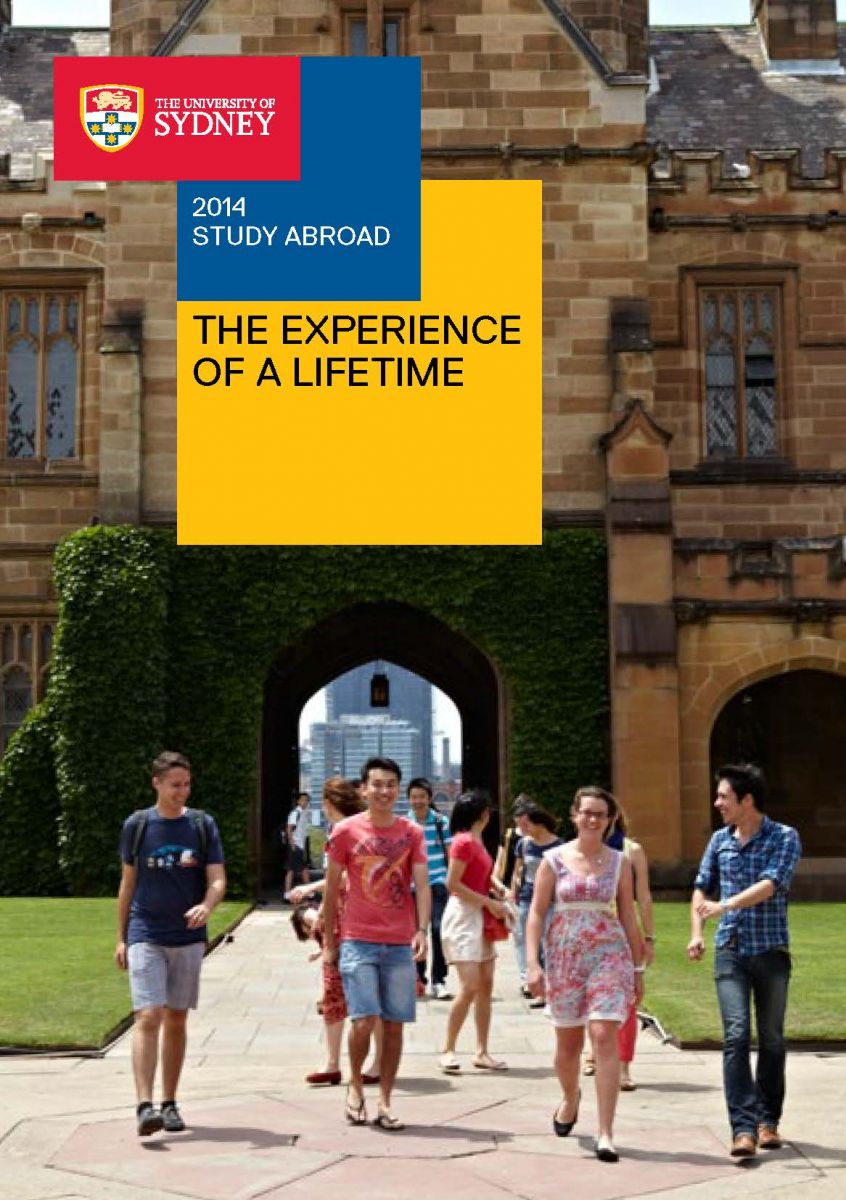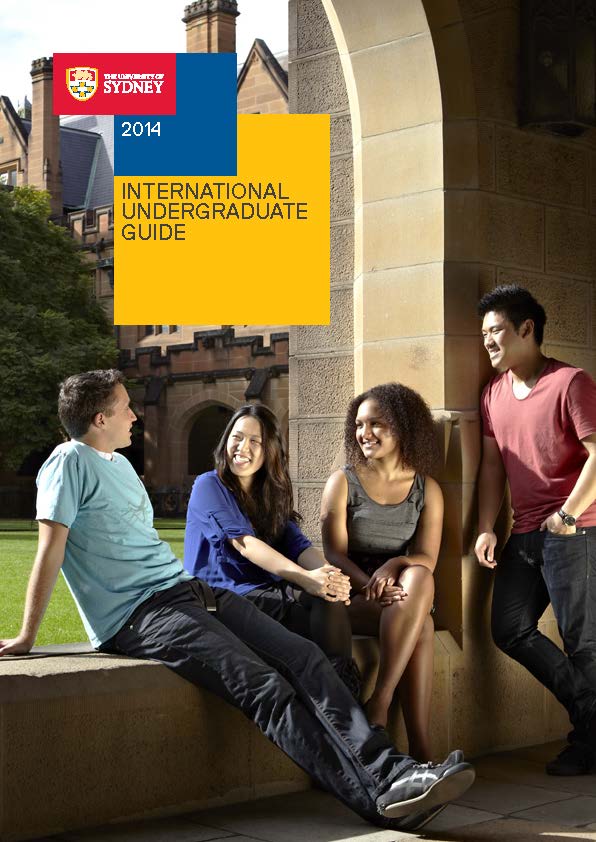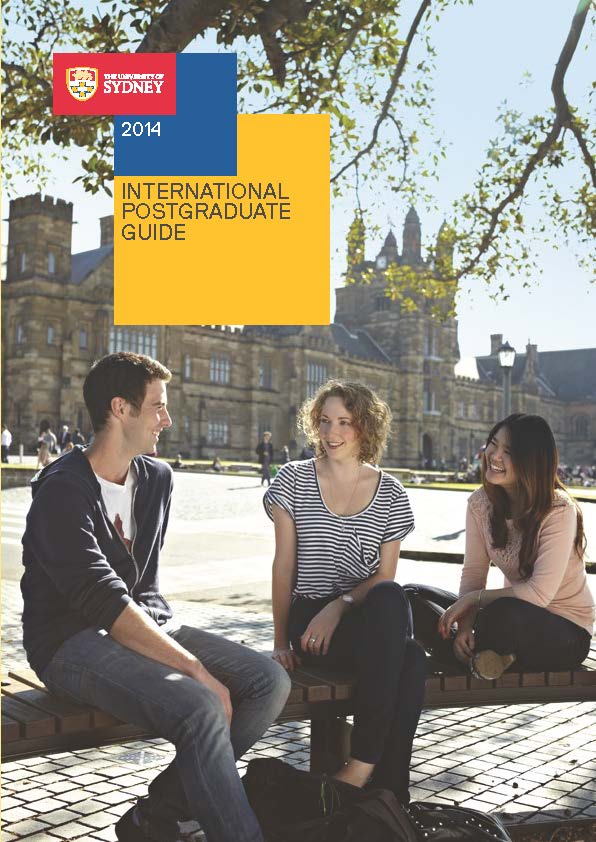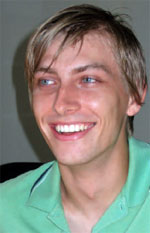- Study in AustraliaAustralian Universities/CollegesPrograms by faculty AusAustralian VisasLife in Australia
- Study In New ZealandNew Zealand UniversitiesPrograms by Faculty NZNew Zealand VisasLife in New Zealand
- Study in CanadaUniversities/Colleges in CANADAPrograms by faculty CanadaCanadian VisasLife in Canada
Sydney University
.png) | |||||
| The University of Sydney | |||||
| The birth of the University of Sydney in 1850 broke with the traditions of Britain’s ancient universities by admitting students on academic merit rather than on the basis of religion or social class. Fierce debate about university reform among academic and national leaders in Britain and North America had led to calls for tertiary education institutions to respond to social change and meet the demands of modern society. | | ||||
.jpeg) | .jpeg) | ||||
| Sydney was one of the first of this new breed of institution, the first university in Australia and the model that universities in other Australian colonies would soon follow. In 1881 the University decided to open its doors to women, admitting them on the same basis as men, among the earliest in the world to do so, and many decades before either the University of Oxford or Cambridge. Although the University’s Senate resolved to "admit women to all University privileges, and to place them in all respects as regards University matters on an equal footing with men," the path was not always smooth. In particular, there was resistance to the University’s decision to let women study medicine (justified on the grounds that intimate discussion of the human body was not fit for the ears of young ladies). Even so, some women braved disapproval to study medicine, the first being Dagmar Berne, who in 1886 enrolled in the recently established medical school. During the second half of the 20th century, Sydney researchers and graduates included medical pioneers, prime ministers, Aboriginal community leaders, Oscar winners – and even Australia's first astronaut. Their work has affected the lives of people across the world, from the invention of the bionic ear, to breakthroughs in modern ecology, to the development of the 'black box' now carried by aeroplanes across the world. In coming months, this website will include stories about the people behind these changes. The University of Sydney has a network of different teaching campuses spread throughout the Sydney area. The main Camperdown/Darlington campus is well known as the home of historic sandstone buildings, gargoyles and cloisters, lawns and courtyards. But this is just one part of the picture. Across our campuses the University has lecture theatres, teaching spaces and studios with state-of-the-art facilities, laboratories with the latest technology, clinical schools to support professional development and experimental farms and research stations to put theory into practice. Campuses | |||||
| Download a Brochure | |||||
|
| |
| |||
| Student testimonial | |||||
| | Cato Jorgensen I'm doing a Bachelor of Commerce degree majoring in Business Information Systems (BIS). I have always had a passion for information technology (IT) and yet I think to get anywhere, even within IT, you need to have a fundamental understanding of business in addition to a sound technical knowledge. The Business Information Systems major focuses as much on the business side of IT as the technological side. I now have a better understanding of where the information technology fits into the bigger picture. As a student from Norway, I chose Sydney because it is such a reputable university. I came to Australia because I wanted to become more independent and in charge of my own life. I also wanted to meet new people and experience new things. In fact, one of the reasons I like it so much at The University of Sydney is all the great people I've met. I've met people from every corner of the world. Oh, and I really love the weather here! | ||||
| |||||
For more information, please contact one of our offices
Study in Australia | Study in the UK | Study in Malaysia | Study in Canada | Study in the USA | Study in New Zealand
